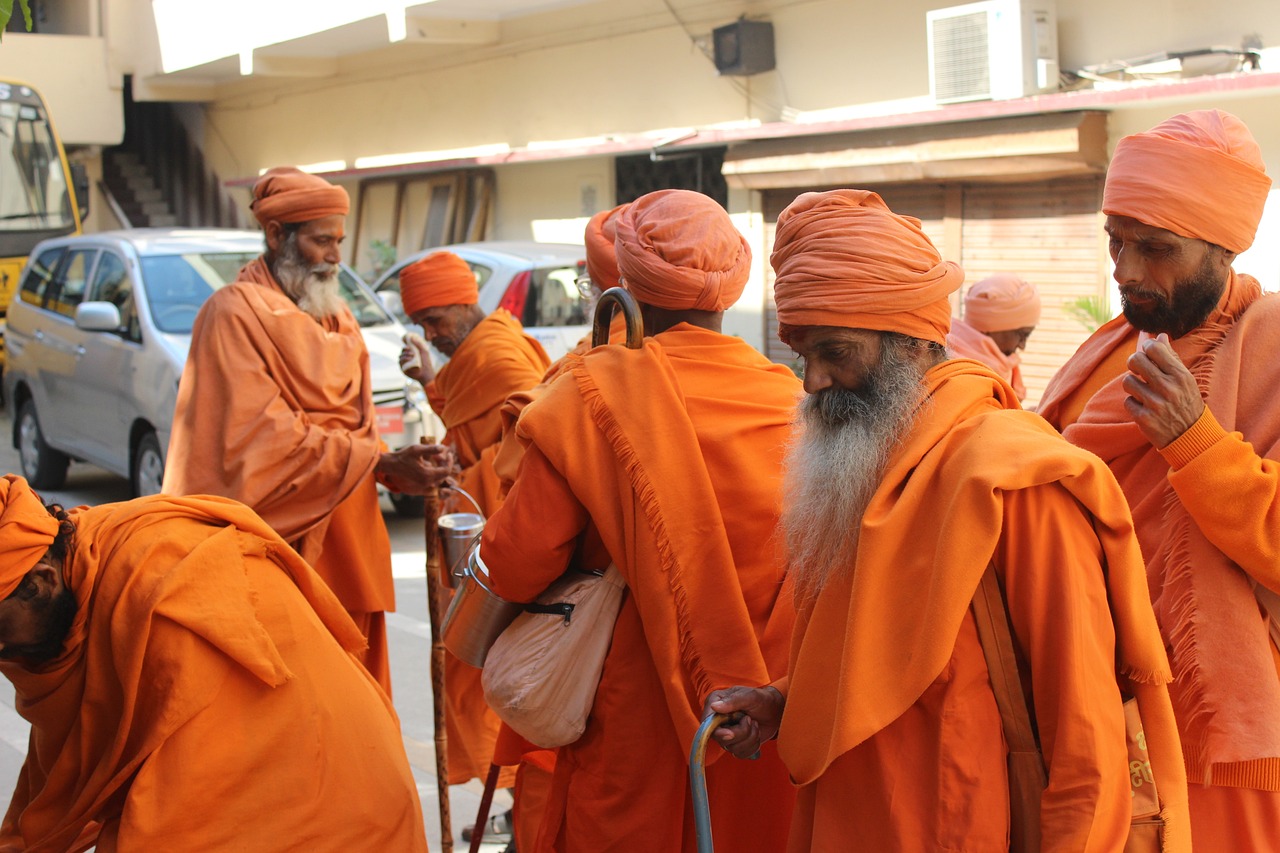Analyzing the Influence of Social Media Algorithms on Election Outcomes: Goldbet7. com, Radhe exchange, 11x play
goldbet7. com, radhe exchange, 11x play: Analyzing the Influence of Social Media Algorithms on Election Outcomes
In today’s digital age, social media platforms play a significant role in shaping public opinion and influencing election outcomes. With billions of users worldwide, platforms like Facebook, Twitter, and Instagram have become powerful tools for political campaigns to reach and engage with voters. However, the algorithms that govern these platforms also play a crucial role in determining what content users see, potentially impacting election results.
The algorithms used by social media platforms are designed to prioritize content based on a variety of factors, such as user behavior, engagement rates, and relevance. This means that certain types of content, including political messages, can be amplified or suppressed based on how they align with these algorithms. For political campaigns, understanding and leveraging these algorithms can be the key to reaching a wider audience and swaying public opinion.
One way in which social media algorithms can influence election outcomes is through the phenomenon of echo chambers. These are online spaces where like-minded individuals are more likely to interact with and share content that aligns with their beliefs, creating a feedback loop that reinforces existing opinions. Algorithms can exacerbate this by showing users more of the content they already agree with, further polarizing public discourse and potentially skewing election results.
Moreover, algorithms can also impact the visibility and reach of political content. Posts that generate high levels of engagement, such as likes, comments, and shares, are more likely to be shown to a wider audience. This means that sensational or provocative content can often outrank more nuanced or balanced perspectives, leading to a distortion of the political conversation online. As a result, candidates or parties who are adept at generating online buzz may have a competitive advantage in elections.
Additionally, the use of targeted advertising on social media can further amplify the influence of algorithms on election outcomes. Political campaigns can micro-target specific demographics based on factors like location, age, and interests, tailoring their messaging to resonate with different groups of voters. While this can be an effective strategy for reaching potential supporters, it also raises concerns about the ethical implications of using personal data to influence political decisions.
In conclusion, the influence of social media algorithms on election outcomes is a complex and multifaceted issue. While these algorithms can help political campaigns reach a wider audience and mobilize supporters, they also have the potential to amplify echo chambers, distort public discourse, and raise privacy concerns. As we navigate the intersection of technology and democracy, it is crucial to critically analyze and regulate the role of social media algorithms in shaping political outcomes.
FAQs
1. How do social media algorithms prioritize content?
Social media algorithms prioritize content based on factors like user behavior, engagement rates, and relevance to the individual user.
2. Can social media algorithms create echo chambers?
Yes, social media algorithms can contribute to the formation of echo chambers by showing users more of the content they already agree with.
3. What role does targeted advertising play in influencing election outcomes?
Targeted advertising allows political campaigns to reach specific demographics with tailored messaging, potentially influencing the decisions of voters.







